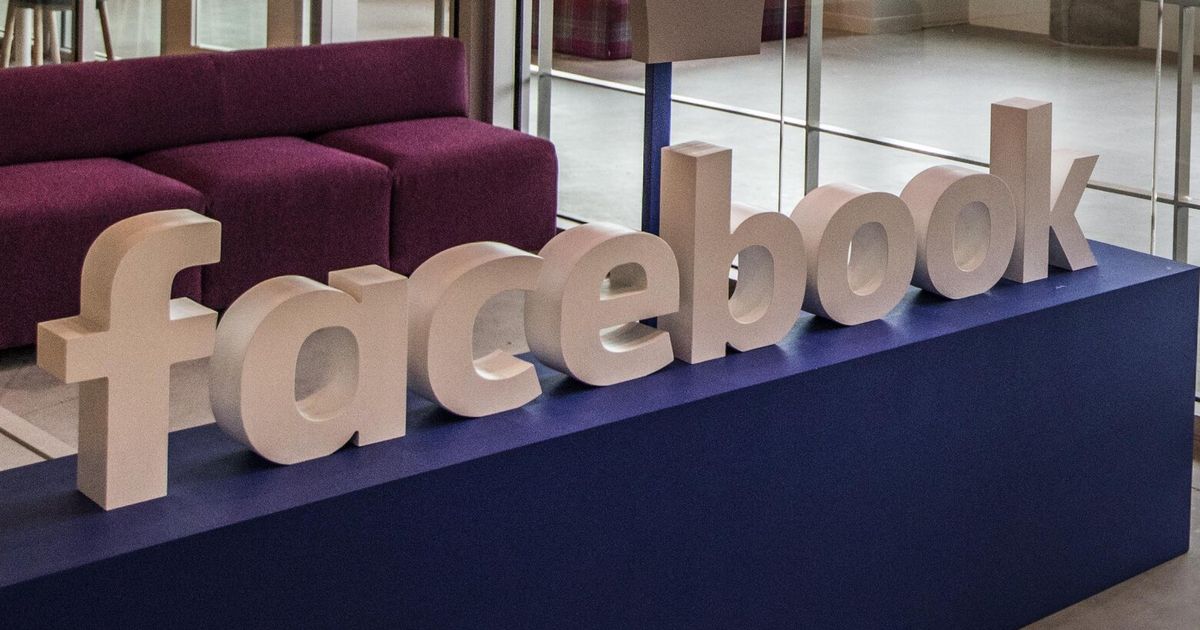Paresh Rajwat and his team of engineers at Facebook parent company Meta Platforms are working to take people out of the two-dimensional internet and into a metaverse, where users can chat, shop and play chess, sometimes with people half a world away.
The road to there, Rajwat said, “passes through Seattle.”
With more than 8,000 employees, the Puget Sound is Meta’s biggest hub outside its Menlo Park, California, headquarters. Engineers here are working across Meta’s products, from Facebook marketplace to avatars operating in virtual reality to, of course, the metaverse.
Last week, Meta named Rajwat, already vice president of product management, to head of office for the Pacific Northwest. He has spent eight years with the company, working on the monetization of the Facebook app, tapping into the creator economy and overseeing the video team. Before Meta, Rajwat worked at Microsoft, Apple, Yahoo and the advertising company Criteo.
Now, he’s focused on maintaining Meta’s workplace culture, connecting the company with the Seattle community, leading Meta’s virtual reality efforts and overseeing new features in the metaverse.
Rajwat describes the metaverse as an “embodied internet.” Inside, he said, you might hear a sound coming from your right side and turn to see an avatar of a person who is actually sitting miles away but feels right next to you. “It defies distances,” he said. “It really helps people connect.”
Right now, there’s still a “big wall” separating the virtual and physical world and Rajwat expects it will be a long time before the metaverse fully rolls out. When that happens, there will likely be more than one metaverse, meaning Meta is prepared to face competition. But Rajwat hopes users will be able to quickly move between them.
In the short term, Meta’s engineering team is working on adding features to the metaverse as it exists today, like a way to make payments inside the virtual world or the ability to message people who aren’t yet connected to the metaverse.
“Meta has this thing about connecting the world,” Rajwat said. It’s already focused on Facebook, Instagram, WhatsApp and its Messenger app, he continued. Now, it’s thinking about the future of the social network.
“The more we think about it, the more we actually are always coming to the same conclusion. … It’s something like the metaverse,” Rajwat said.
Before it became the juggernaut it is today, Meta (then called Facebook) set up shop in Seattle in 2010 with just a handful of engineers. Its office near Pike Place Market became its first engineering hub outside its Silicon Valley headquarters. There, engineers were working on a Skype video-chat feature, a location check-in service and a converter that automatically displayed a version of Facebook that worked well on a mobile device.
Since then, Meta expanded to a larger location and then grew outside Seattle’s city limits with offices in Redmond and Bellevue. In 2020, it bought REI’s never-used Bellevue campus for nearly $368 million, adding to its Spring District campus that had already grown to include 850,000 square feet of office space.
At that time, the company told The Seattle Times it had about 5,000 employees in the Puget Sound. Now, two years later, it says it has more than 8,000.
But that growth is on hold. In September, Meta announced it would freeze hiring, reorganize teams and reduce its head count for the first time in company history. CEO Mark Zuckerberg told employees Meta would be smaller in 2023 than it was this year.
“I had hoped the economy would have more clearly stabilized by now,” he said on a companywide call. “But from what we’re seeing it doesn’t yet seem like it has, so we want to plan somewhat conservatively.”
Meta declined to comment on how the hiring freeze and job cuts would affect its workforce in the Pacific Northwest.
Rajwat said in an interview last week that Meta would continue embracing remote work, allowing employees to choose how many days they want to come in the office — and if they wanted to come in at all.
“Instead of bringing people to work, now we have to bring work to people,” he said. And, of course, Meta is working on the very tools it hopes will make remote work feel almost like you’re there in person.
Read More: www.seattletimes.com









 Bitcoin
Bitcoin  Ethereum
Ethereum  Tether
Tether  XRP
XRP  Solana
Solana  USDC
USDC  Cardano
Cardano  Dogecoin
Dogecoin  TRON
TRON  Lido Staked Ether
Lido Staked Ether  Wrapped Bitcoin
Wrapped Bitcoin  Pi Network
Pi Network  Chainlink
Chainlink  LEO Token
LEO Token  Stellar
Stellar  Toncoin
Toncoin  Wrapped stETH
Wrapped stETH  USDS
USDS  Hedera
Hedera  Avalanche
Avalanche  Shiba Inu
Shiba Inu  Sui
Sui  Litecoin
Litecoin  Bitcoin Cash
Bitcoin Cash  Polkadot
Polkadot  MANTRA
MANTRA  WETH
WETH  Ethena USDe
Ethena USDe  Bitget Token
Bitget Token  Binance Bridged USDT (BNB Smart Chain)
Binance Bridged USDT (BNB Smart Chain)  Hyperliquid
Hyperliquid  WhiteBIT Coin
WhiteBIT Coin  Wrapped eETH
Wrapped eETH  Monero
Monero  Uniswap
Uniswap  sUSDS
sUSDS  Aptos
Aptos  NEAR Protocol
NEAR Protocol  Dai
Dai  Pepe
Pepe  Internet Computer
Internet Computer  OKB
OKB  Ondo
Ondo  Ethereum Classic
Ethereum Classic  Gate
Gate  Aave
Aave  Coinbase Wrapped BTC
Coinbase Wrapped BTC  Mantle
Mantle  Official Trump
Official Trump